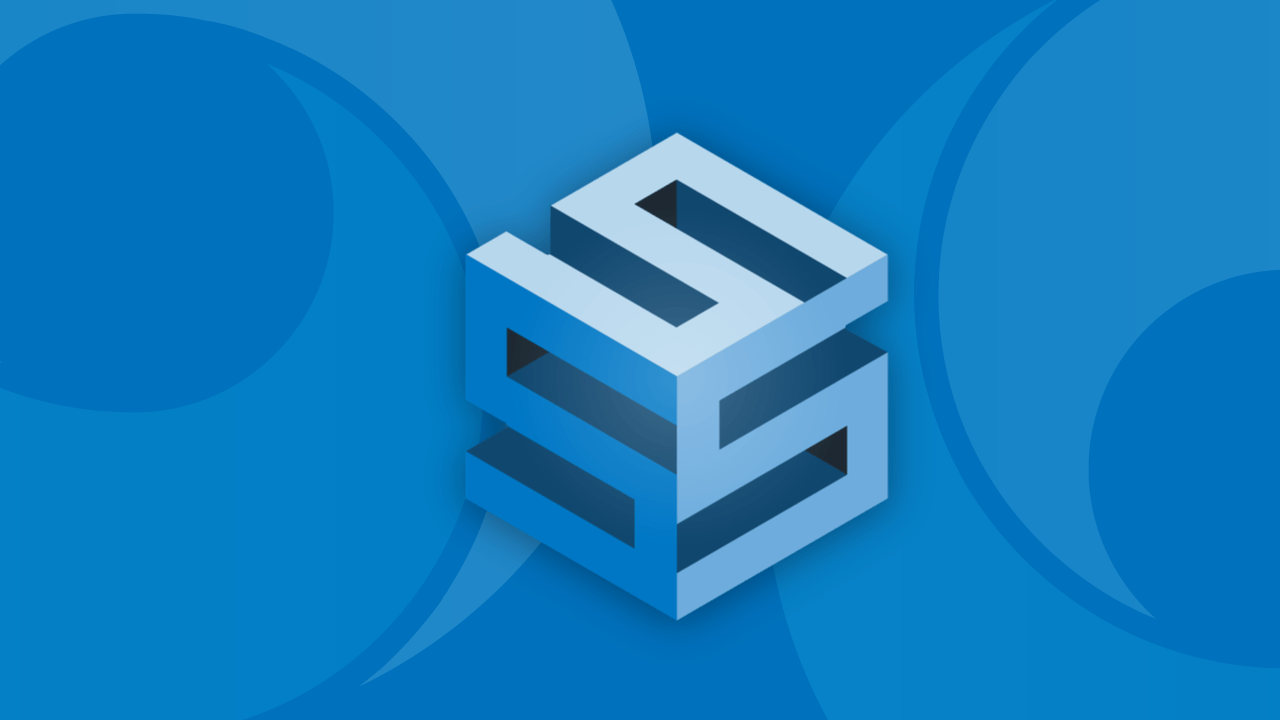In the ever-accelerating world of artificial intelligence, the release of new tools and libraries often heralds a new wave of innovation. One particularly noteworthy development is Google DeepMind’s decision to open source its neural network library, Sonnet. This decision marks a pivotal moment, not only for DeepMind itself but also for the research community at large. Let’s take a closer look at what Sonnet offers and how it changes the playing field for AI development.
What is Sonnet and How Does it Work?
Sonnet is an object-oriented library designed to facilitate the building of neural networks, particularly in conjunction with TensorFlow. While it isn’t a replacement for TensorFlow, it serves as a more user-friendly layer that incorporates DeepMind’s internal best practices into a library that’s open for public use. Here’s how it stands out:
- Hierarchical Modeling: Sonnet allows researchers to switch between different neural network models rapidly without upending their entire project. This modular approach makes experimentation smoother.
- Transparency in Variable Sharing: DeepMind’s improvements in variable sharing streamline the process, making it easier for developers to understand and control how different parts of their model interact.
- Optimized for TensorFlow: Built to integrate seamlessly with TensorFlow, Sonnet enhances its capabilities for building complex algorithms while maintaining the core functionalities that TensorFlow users have come to rely on.
The Community Impact of Open-Sourcing
Open-sourcing Sonnet serves a dual purpose for DeepMind. Firstly, by making their internal toolkit available to the public, they create a broader pool of knowledge and practice. Researchers can utilize Sonnet in their own projects, which can lead to greater collaboration and more innovative outcomes across the AI landscape. Secondly, this move is strategic for DeepMind, as it sets the stage for researchers to better understand their models. With easier access to DeepMind’s libraries, papers and models can be released in tandem, allowing for immediate community vetting and feedback.
DeepMind’s Commitment to Open-Source Initiatives
DeepMind has shown a profound commitment to the open-source philosophy in recent months. Alongside Sonnet, the company has been actively developing an open-source API tailored for StarCraft II research, thereby pushing boundaries in competitive AI. Projects like DeepMind Lab, launched to facilitate generalized AI research, emphasize the company’s dedication to advancing the field in a collaborative manner, similar to efforts by other organizations like OpenAI.
What’s Next for Sonnet and AI Development?
The open-sourcing of Sonnet signals just the beginning of an ongoing dialogue between academia and industry. As AI technology continues to evolve, there will likely be a surge in user-contributed enhancements and innovations. Each iteration of Sonnet will feed back into the community, enhancing functionality and usability for everyone involved.
Conclusion
DeepMind’s open-sourcing of Sonnet exemplifies how collaboration can accelerate advancement in machine learning and AI. By offering a toolkit that enables easier experimentation and model building, they are not just innovating internally but fostering a community that can contribute to the greater good of AI research. As we move forward, it will be fascinating to observe how such collaborations shape the future landscape of artificial intelligence.
At fxis.ai, we believe that such advancements are crucial for the future of AI, as they enable more comprehensive and effective solutions. Our team is continually exploring new methodologies to push the envelope in artificial intelligence, ensuring that our clients benefit from the latest technological innovations. For more insights, updates, or to collaborate on AI development projects, stay connected with fxis.ai.

